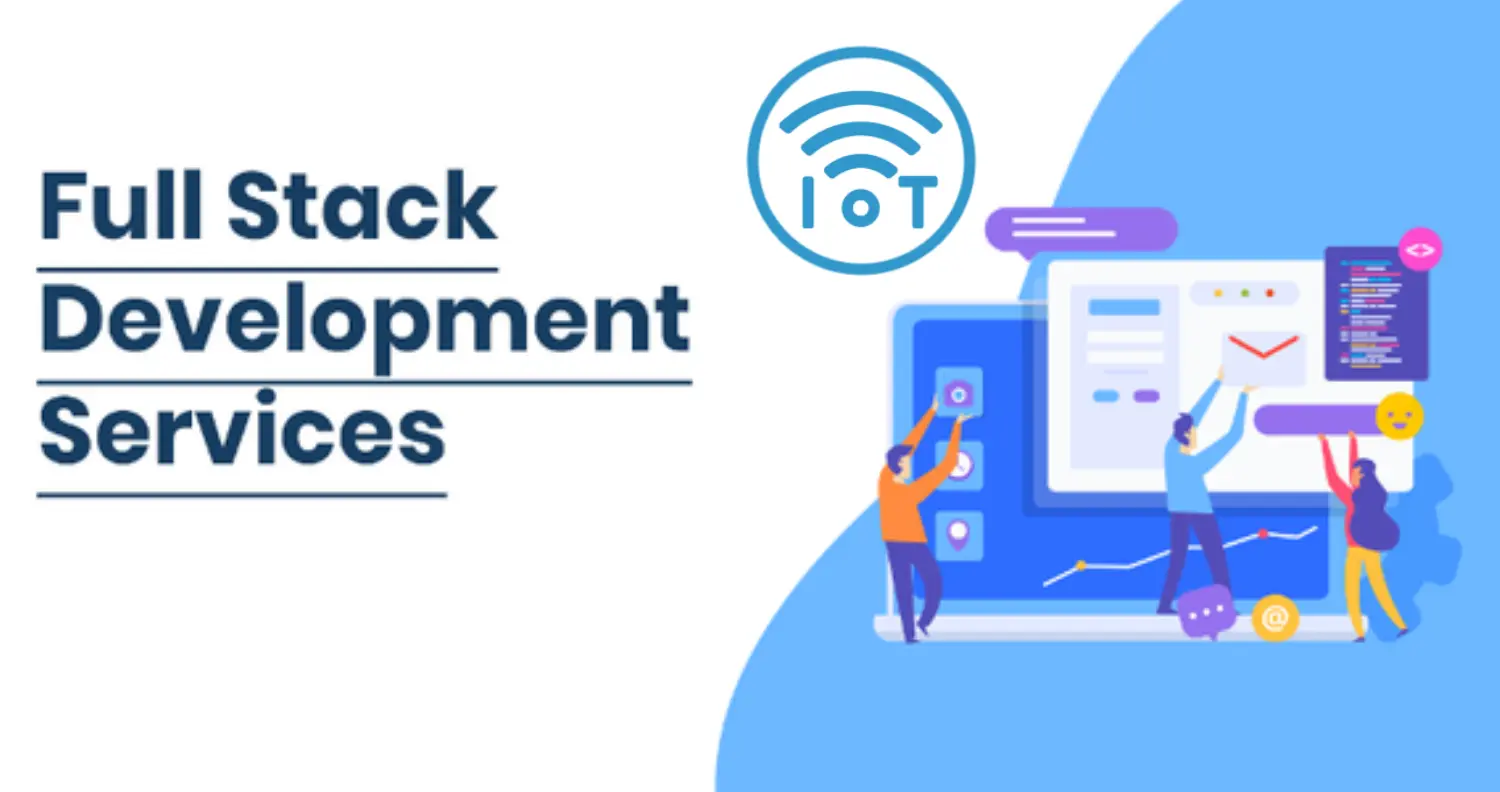Rise by Six: Your Daily Dose of Inspiration
Explore insights and stories that elevate your day.
Full-Stack Development: The Secret Recipe for Tech Success
Unlock the secrets of full-stack development and elevate your tech career! Dive into the ultimate recipe for success today!
Understanding Full-Stack Development: Key Skills You Need to Succeed
Full-stack development refers to the comprehensive approach to building web applications, encompassing both the front-end and back-end aspects of development. To succeed in this dynamic field, developers need to possess a diverse set of skills that span various technologies and frameworks. Key front-end skills include proficiency in HTML, CSS, and JavaScript, which form the foundational building blocks of web interfaces. Additionally, familiarity with modern frameworks such as React or Angular can enhance a developer's ability to create responsive and interactive user experiences.
On the back-end side, full-stack developers should be well-versed in server-side programming languages such as Node.js, Python, or Ruby, and understand how to work with databases, including SQL and NoSQL options. Knowledge of API design and development is crucial, as it facilitates seamless communication between the front-end and back-end components. Moreover, an understanding of version control systems like Git and basic DevOps concepts can significantly boost a developer's efficiency and collaboration skills, enabling them to handle projects effectively from start to finish.

The Benefits of Being a Full-Stack Developer: Is it Worth It?
Being a full-stack developer offers a myriad of benefits that can significantly enhance your career prospects and overall job satisfaction. Firstly, full-stack developers possess a comprehensive skill set, allowing them to handle both front-end and back-end development tasks. This versatility is highly sought after in today's digital landscape, as companies increasingly prefer hiring professionals who can bridge the gap between design and functionality. By mastering various programming languages and frameworks, full-stack developers enhance their marketability, making them more competitive in the job market.
Additionally, full-stack developers enjoy greater autonomy in their projects. With the ability to understand the entire development process, they can take ownership of their work from conception to deployment. This not only leads to increased job satisfaction but also fosters a more efficient workflow, as they can identify and fix issues without relying heavily on other team members. In summary, being a full-stack developer is not just about accumulating technical skills; it's about embracing a dynamic role that offers flexibility and independence in the ever-evolving tech industry.
Full-Stack Development vs. Specialization: Which Path Should You Choose?
When considering a career in software development, a common dilemma arises between full-stack development and specialization in a specific technological area. Full-stack developers possess a broad skill set that allows them to work on both the front-end and back-end of applications, making them exceptionally versatile in the job market. However, this versatility often comes with the challenge of staying updated on multiple technologies, which can be overwhelming. On the other hand, specialists focus deeply on a single area, such as backend development, frontend frameworks, or mobile app development, enabling them to become experts in their domain and often leading to higher salaries in niche positions.
Ultimately, the decision between full-stack development and specialization depends on your career goals and personal preferences. If you thrive in dynamic environments and enjoy tackling diverse challenges, a full-stack path might suit you best. Conversely, if you prefer diving deep into one technology and becoming a go-to expert, specializing could be the right choice. Consider factors like job market demand, your passion for continuous learning, and the types of projects you want to work on when making your decision.